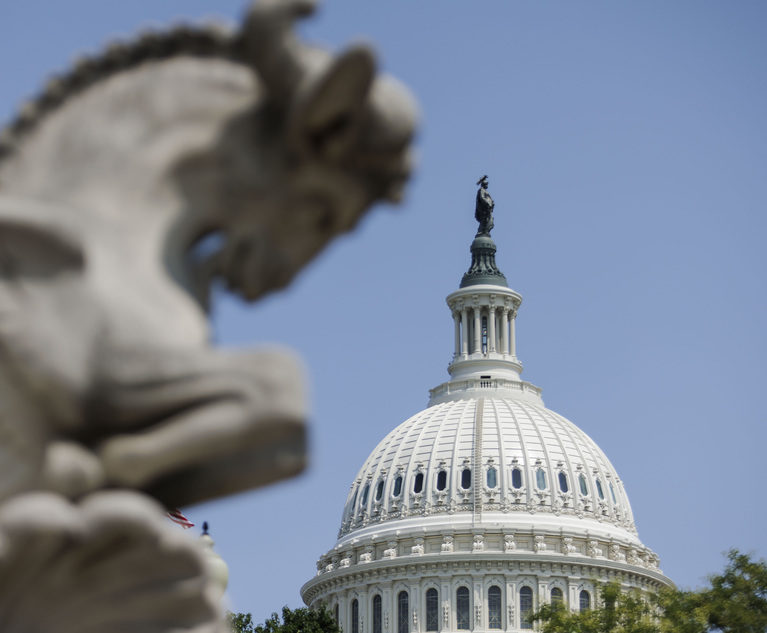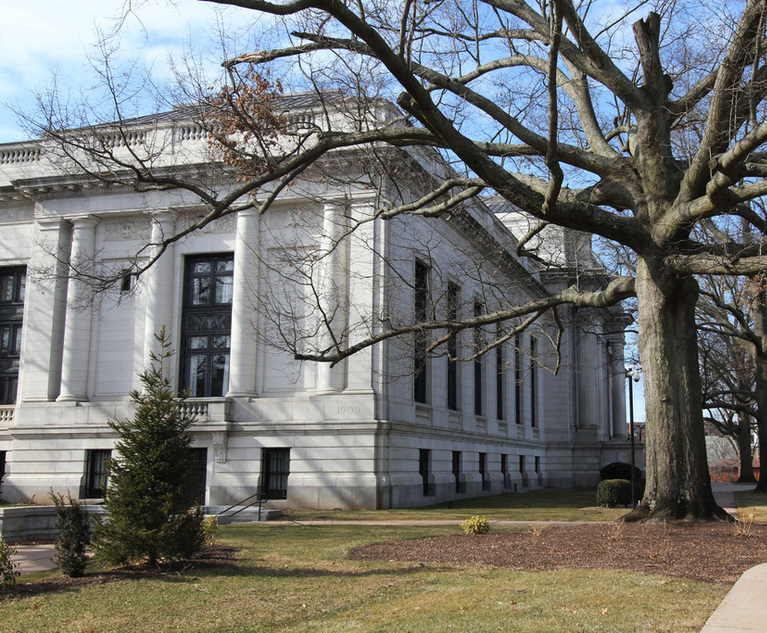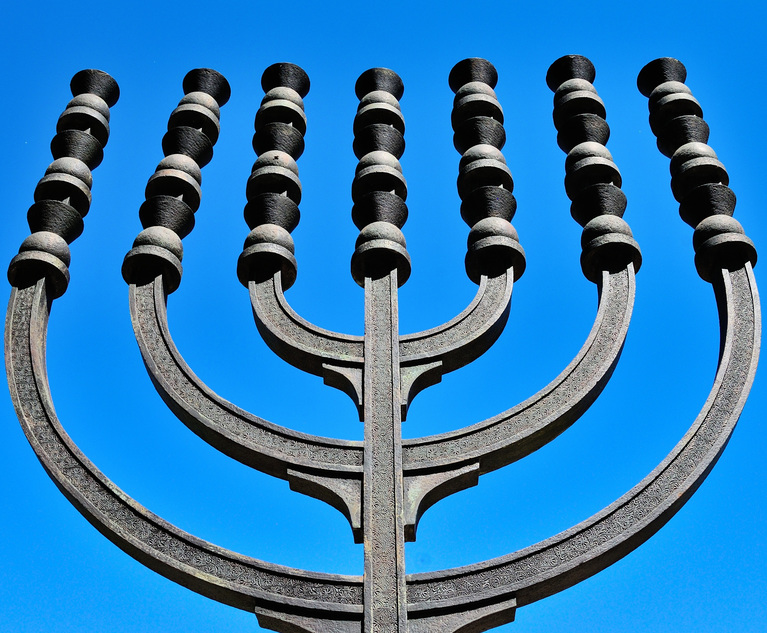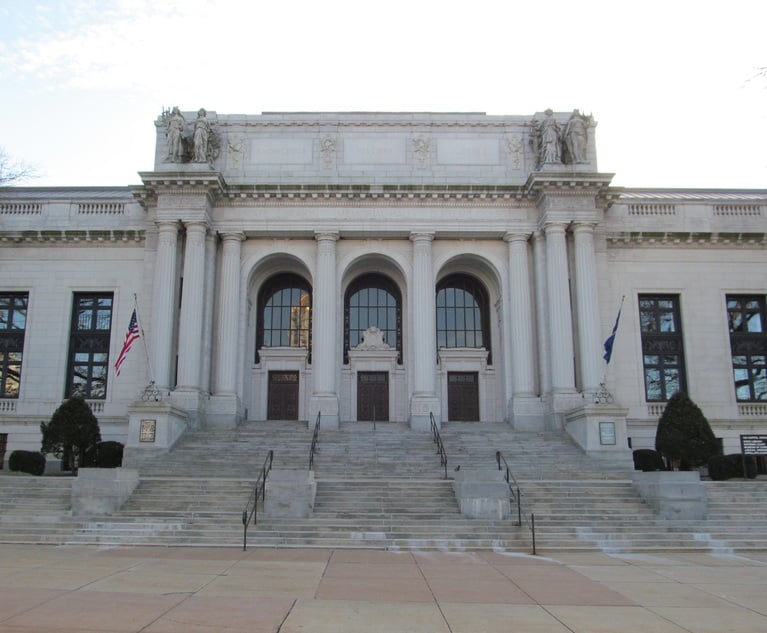Few, if any, names are as well-known in the annals of Connecticut jurisprudence as that of James “Chip” Smith. Even those practitioners who never venture into the bowels of the criminal courts are aware of his name and the seminal holding of the Connecticut Supreme Court regarding instructions to the jury on the deliberative process. Fewer are aware of the role that Father Michael McGivney, founder of the Knights of Columbus, played in that case.
On the evening of Dec. 28, 1880, Smith, in a drunken state, got into a physical confrontation with Ansonia Police Chief Daniel J. Hayes on that town’s Main Street. Smith’s father had heard that his son was in possession of a pistol and asked Hayes to take his son into custody.


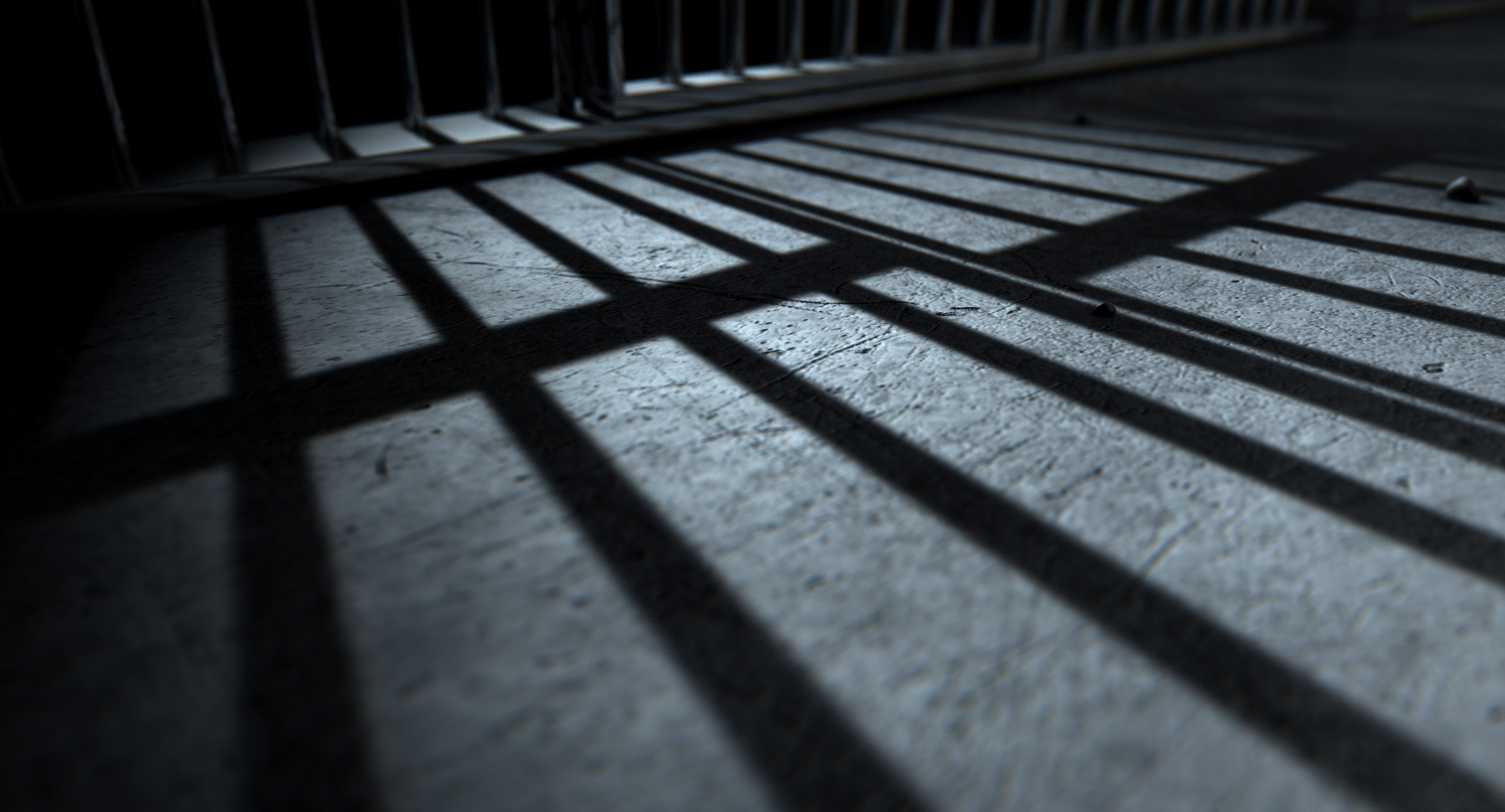 Prison bars
Prison bars
